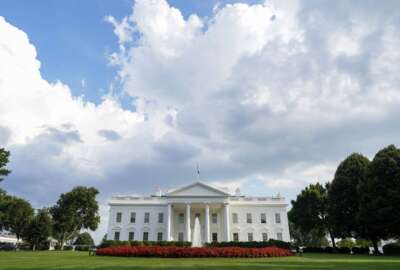Hubbard Radio Washington DC, LLC. All rights reserved. This website is not intended for users located within the European Economic Area.
On Air: Federal News Network
Related Stories
-
Last chance to apply for White House internship Federal Newscast
-
Federal contractors get some guidance on using AI when hiring Federal Newscast





